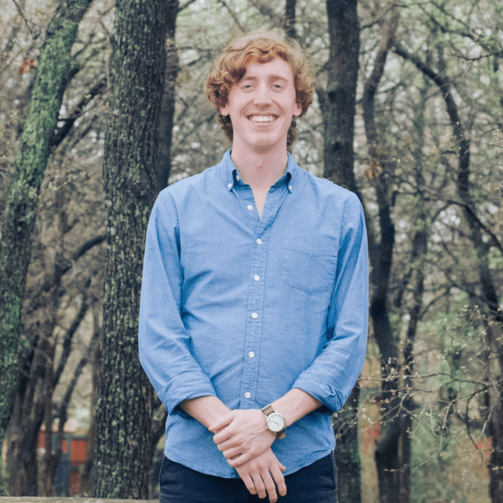What Neighborhood-Led Investment Looks Like in Detroit
Want to better your community but don’t know where to start? Enter It’s the Little Things: a weekly Strong Towns podcast that gives you the wisdom and encouragement you need to take the small yet powerful actions that can make your city or town stronger.
It’s the Little Things features Strong Towns Community Builder Jacob Moses in conversation with various guests who have taken action in their own places and in their own ways.
Explore the neighborhoods in your city or town and you’ll likely observe two contrasting conditions: places receiving minimal (if any) investment—and places undergoing considerable transformation over just a few years. This stark divide—the trickle or the fire hose—is common.
Although these approaches pervade neighborhoods all across the country, neither builds wealth throughout the community. The trickle, for example, gives neighborhoods an air of decline (and often correlates with local government not maintaining its public infrastructure); the fire hose, on the contrary, leaves neighborhoods unrecognizable and often doesn’t benefit the existing residents who weren’t fortunate enough to own their own homes before a development boom started.
At Strong Towns, we believe our neighborhoods should have another option—an option that builds community wealth, salvages the city’s budget, and benefits people already living in the neighborhood. Cities can make this middle way an option by practicing the Neighborhoods First approach to public investment: a low risk, high return strategy where, as neighbors, we observe where people struggle and take incremental steps to address those struggles.
(Think crosswalks, bus shelters, pop-up parks, and other examples of tactical urbanism.)
These low cost interventions make an immediate impact on the neighborhood—and, in most scenarios, only require the vision of one neighborhood advocate to jumpstart the process.
This episode’s guest, Rafa Wright, has for years been that advocate for historically underserved neighborhoods in Detroit. As a Detroit native, he’s witnessed where his neighbors struggle, such as lack of access to healthy food—and, today, Wright helps neighborhoods across Detroit embrace neighborhood-led investment (from technology-focused bootcamps for teens to even a soon-to-be neighborhood grocery).
In this episode, Rafa shares how you—no matter your background—can take a Neighborhoods First approach to investing in your neighborhood, including how to observe where people struggle, how to find the right investments for your neighborhood, and how to get your neighbors involved in the process.





Do you want to create a strong incremental development ecosystem in your community? Here's a proven blueprint for success from incremental developers Monte Anderson and Mike Keen.